Sugar-free drinks do not help in weight loss: study
Thu 05 Jan 2017, 11:32:50
There is no evidence that sugar-free and "diet" drinks help in weight loss as is generally believed and may actually have "detrimental impacts" on health and environment, according to a new research released today.
Academics from Imperial College London and two Brazilian universities – University of Sao Paulo and Federal University of Pelotas – argue that sugar-free versions of soft drinks may be no better in preventing weight gain than their full sugar counterparts.
"A common perception, which may be influenced by industry marketing, is that because 'diet' drinks have no sugar they must be healthier and aid weight loss when used as a substitute for full-sugar versions. However, we found no solid evidence to support this," said Professor Christopher Millett, senior investigator at Imperial College London's School of Public Health.
The findings, published in the journal 'PLoS Medicine',say the combined factors of what goes into artificially sweetened drinks, how they are consumed, and their environmental impact mean that "far from helping to solve the global obesity crisis [they are] a potential risk factor for highly prevalent chronic diseases."
According to the authors, while some studies show no weight loss, others show a small loss, but those studies were not
always well done and were often funded by the soft drinks industry.The study says that "given their negligible nutritional benefits and potential detrimental health impacts", the environmental impact of manufacturing artificially sweetened drinks should be taken into account.
always well done and were often funded by the soft drinks industry.The study says that "given their negligible nutritional benefits and potential detrimental health impacts", the environmental impact of manufacturing artificially sweetened drinks should be taken into account.
It takes 150-300 litres of water to make one litre of drink and there is considerable solid waste and cumulative chemical pollution, it said.
However, Alison Tedstone, chief nutritionist at Public Health England, said, "swapping to low or no sugar drinks goes some way" to managing calorie intake and weight."It's especially important for young people as they consume three times the amount recommended, mostly from soft drinks. However, maintaining a healthy weight takes more than just swapping one product for another. Calories consumed should match calories used, so looking at the whole diet is very important," she said.
Global beverage companies have been investing in soft drinks, flavoured water, juices and ready-to-drink tea and coffee containing artificial sweeteners in response to the obesity crisis and the outcry over sugar.
According to World Health Organisation, the sugar should not be more than 10 per cent of people's energy intake, and preferably lower than 5 per cent.
No Comments For This Post, Be first to write a Comment.
Most viewed from Health
AIMIM News
Latest Urdu News
Most Viewed
May 26, 2020
Which Cricket team will win the IPL 2025 trophy?
Latest Videos View All
Like Us
Home
About Us
Advertise With Us
All Polls
Epaper Archives
Privacy Policy
Contact Us
Download Etemaad App
© 2025 Etemaad Daily News, All Rights Reserved.





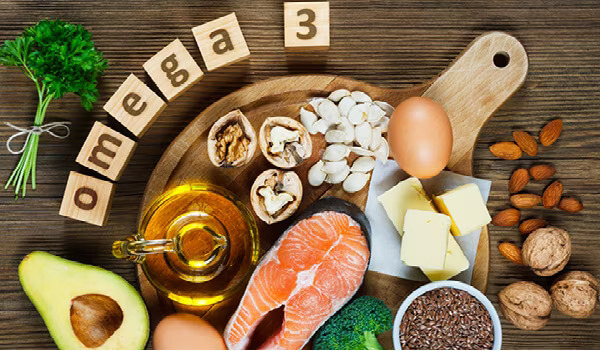



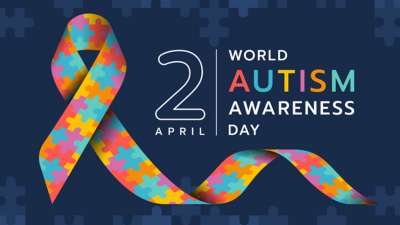

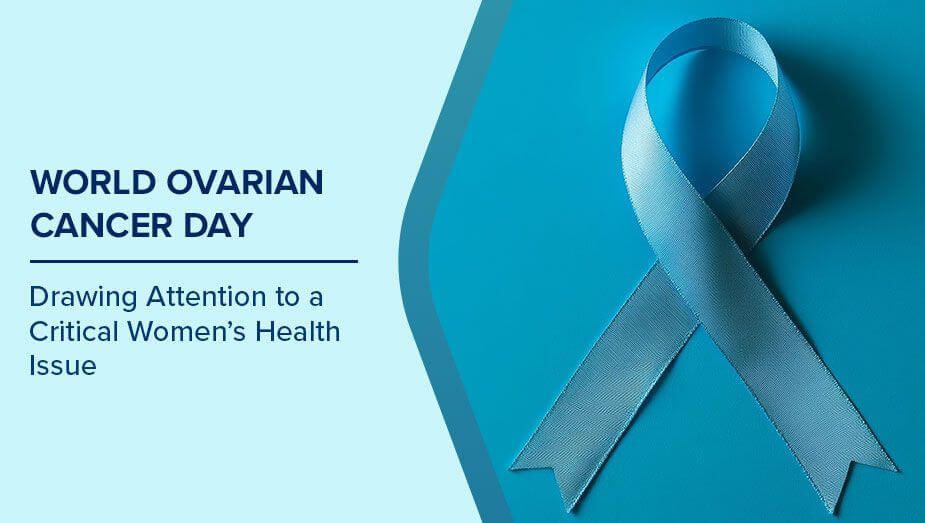
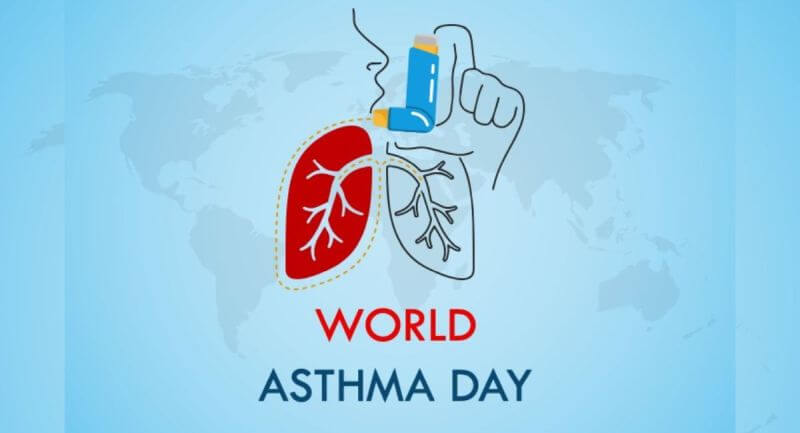



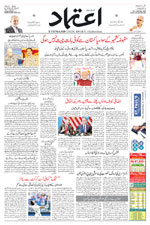










.jpg)




